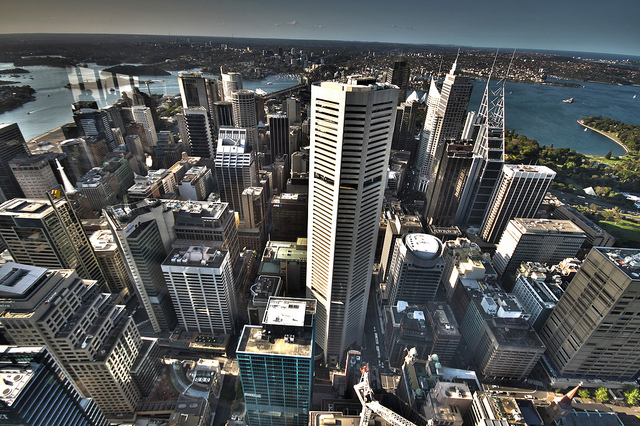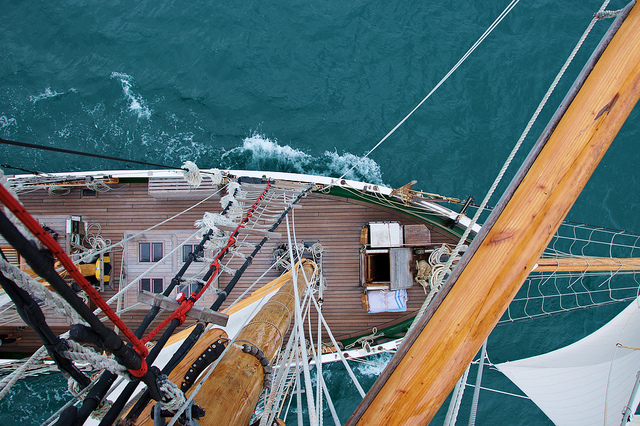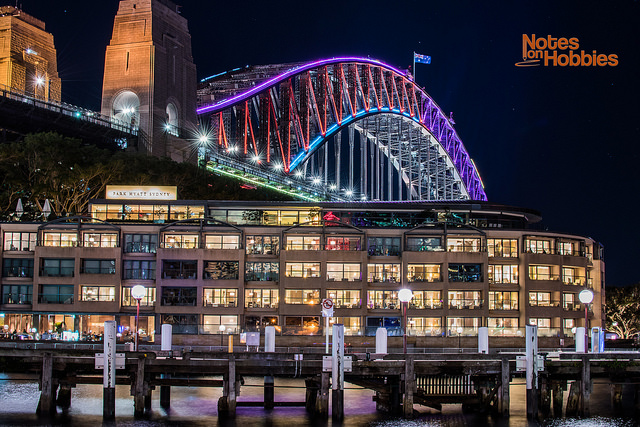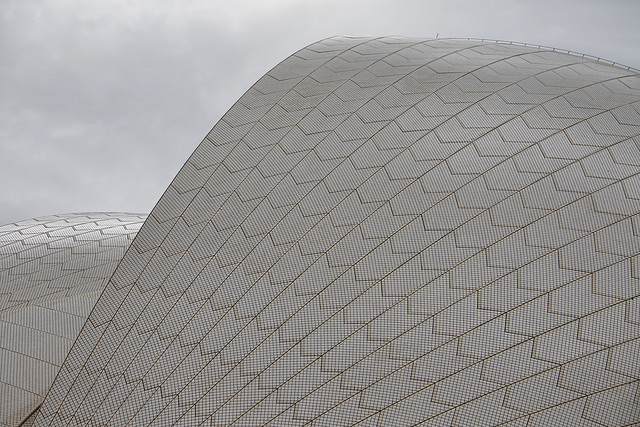Western Australia (WA) is sending a delegation to the United Kingdom and Ireland in a bid to lure British and Irish workers to migrate to the Australian state.
A plan to head off a shortfall of 150,000 skilled workers by 2017 was announced by Training and Workforce Development Minister Peter Collier. The resources industry will be particularly badly affected by skills shortages as a number of mining projects get underway in the near future.





